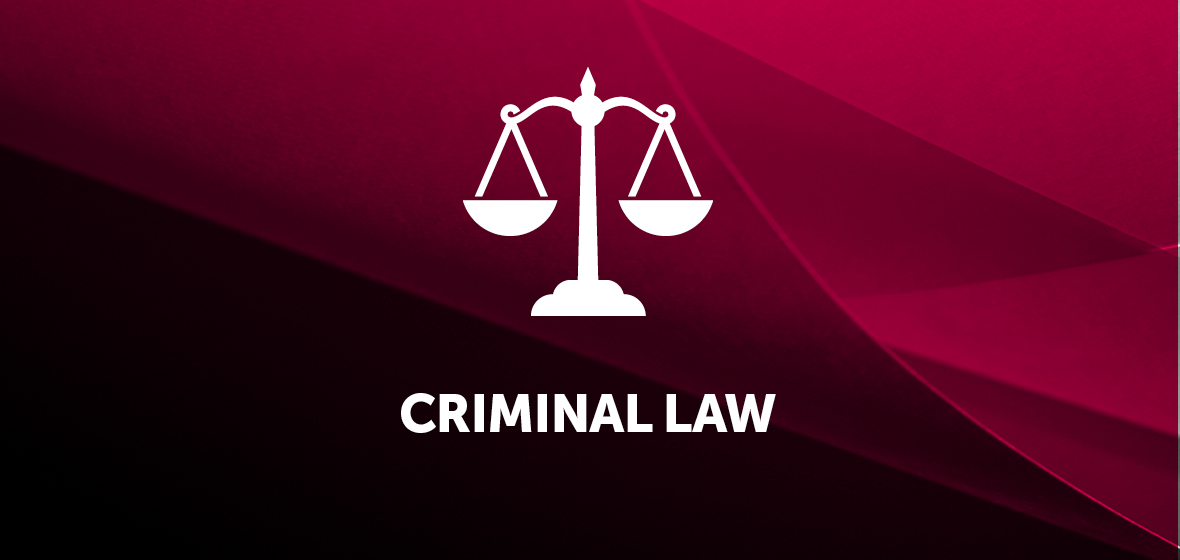Key decisions
- Kljaic v R [2023] NSWCCA 225
- Marai v R [2023] NSWCCA 224
- Quinn v R [2023] NSWCCA 229
Kljaic v R [2023] NSWCCA 225
Sentencing – conditions of custody – backdating sentences
In this first of a duo of (apparently unrelated) cases on the topic of when and how sentences can be backdated, the Court of Criminal Appeal (‘CCA’) has concluded that in appropriate circumstances an available means of recognising difficult conditions in custody is to backdate a sentence to a date before the offender went into custody.
The applicant pleaded guilty to serious driving offences. In the District Court he was sentenced to 4 years and 6 months, with a non-parole period of 2 year and 8 months. He had spent 199 days in custody before being sentenced. The sentencing judge backdated the sentence a further 30 days to take account of what the judge described as ‘circumstances of extra-curial punishment’ arising from lockdowns, other restrictions arising in custody because of COVID-19 and a denial of appropriate footwear.
The applicant appealed on various grounds including that the sentencing judge had misapplied s 47 of the Crimes (Sentencing Procedure) Act 1999 (the ‘Sentencing Act’) by backdating the sentence further than the period the applicant had spent in custody.
The Court (Wright J, Beech-Jones CJ at CL and Harrison J agreeing) observed that s 24(a) of the Sentencing Act renders it mandatory that a sentencing judge takes into account the time in custody on remand (at [16]). Section 47(2)(a) allows a judge to start a sentence before the day it is being imposed, and s 47(3) makes it mandatory, when deciding whether to backdate a sentence, to take into account any time the offender has been in custody in relation to the offence. But neither s 24(a) nor s 47(3) specifies how the time is to be taken into account (at [17]).


